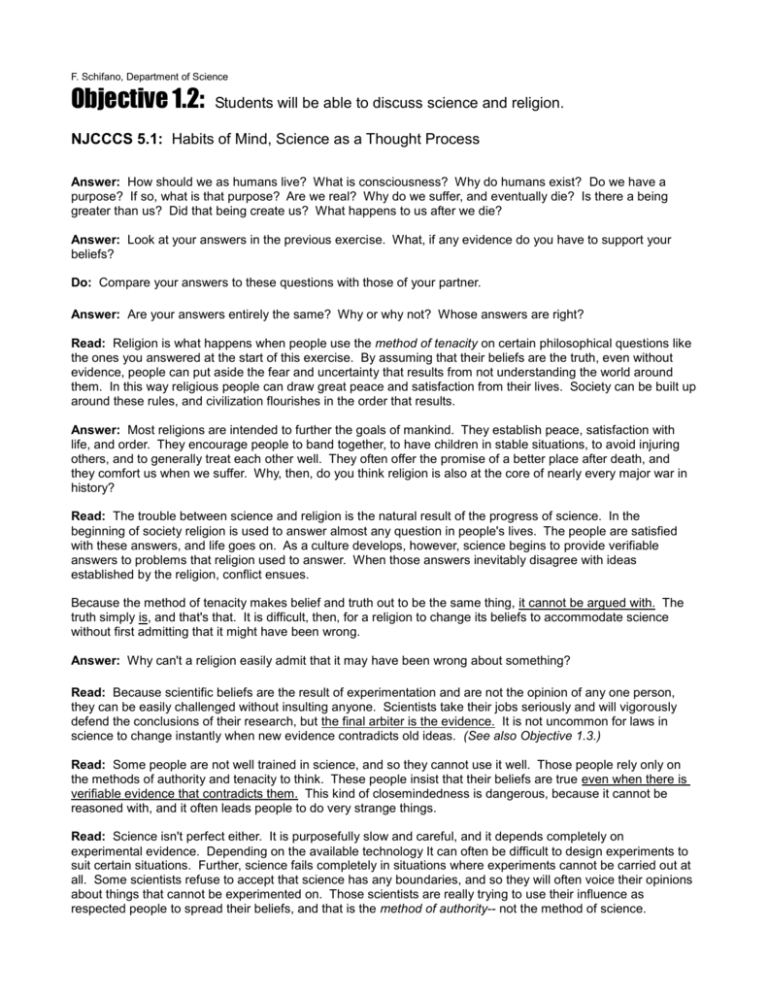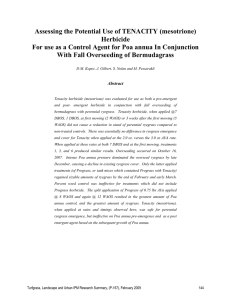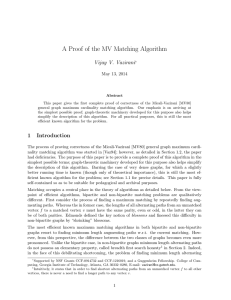F. Schifano, Department of Science Objective 1.2: Students will be
advertisement

F. Schifano, Department of Science Objective 1.2: Students will be able to discuss science and religion. NJCCCS 5.1: Habits of Mind, Science as a Thought Process Answer: How should we as humans live? What is consciousness? Why do humans exist? Do we have a purpose? If so, what is that purpose? Are we real? Why do we suffer, and eventually die? Is there a being greater than us? Did that being create us? What happens to us after we die? Answer: Look at your answers in the previous exercise. What, if any evidence do you have to support your beliefs? Do: Compare your answers to these questions with those of your partner. Answer: Are your answers entirely the same? Why or why not? Whose answers are right? Read: Religion is what happens when people use the method of tenacity on certain philosophical questions like the ones you answered at the start of this exercise. By assuming that their beliefs are the truth, even without evidence, people can put aside the fear and uncertainty that results from not understanding the world around them. In this way religious people can draw great peace and satisfaction from their lives. Society can be built up around these rules, and civilization flourishes in the order that results. Answer: Most religions are intended to further the goals of mankind. They establish peace, satisfaction with life, and order. They encourage people to band together, to have children in stable situations, to avoid injuring others, and to generally treat each other well. They often offer the promise of a better place after death, and they comfort us when we suffer. Why, then, do you think religion is also at the core of nearly every major war in history? Read: The trouble between science and religion is the natural result of the progress of science. In the beginning of society religion is used to answer almost any question in people's lives. The people are satisfied with these answers, and life goes on. As a culture develops, however, science begins to provide verifiable answers to problems that religion used to answer. When those answers inevitably disagree with ideas established by the religion, conflict ensues. Because the method of tenacity makes belief and truth out to be the same thing, it cannot be argued with. The truth simply is, and that's that. It is difficult, then, for a religion to change its beliefs to accommodate science without first admitting that it might have been wrong. Answer: Why can't a religion easily admit that it may have been wrong about something? Read: Because scientific beliefs are the result of experimentation and are not the opinion of any one person, they can be easily challenged without insulting anyone. Scientists take their jobs seriously and will vigorously defend the conclusions of their research, but the final arbiter is the evidence. It is not uncommon for laws in science to change instantly when new evidence contradicts old ideas. (See also Objective 1.3.) Read: Some people are not well trained in science, and so they cannot use it well. Those people rely only on the methods of authority and tenacity to think. These people insist that their beliefs are true even when there is verifiable evidence that contradicts them. This kind of closemindedness is dangerous, because it cannot be reasoned with, and it often leads people to do very strange things. Read: Science isn't perfect either. It is purposefully slow and careful, and it depends completely on experimental evidence. Depending on the available technology It can often be difficult to design experiments to suit certain situations. Further, science fails completely in situations where experiments cannot be carried out at all. Some scientists refuse to accept that science has any boundaries, and so they will often voice their opinions about things that cannot be experimented on. Those scientists are really trying to use their influence as respected people to spread their beliefs, and that is the method of authority-- not the method of science.









